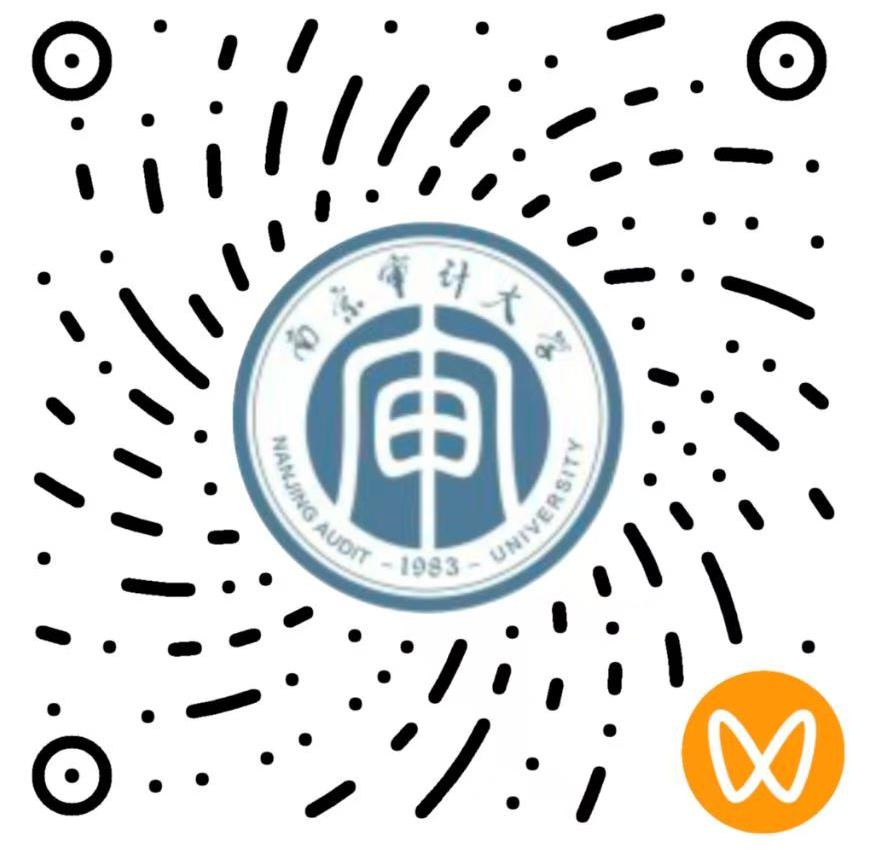主 题:An Exchange Traded Fund Investment Model with Regime Switching Economic Indicators.
内容简介:The Internet bubble and 2008-2009 economic crash exposed severe limitations of traditional pricing model. Portfolio strategies based on such models are generally suboptimal. This paper develops a novel dynamic optimization model for constructing a long-short equity portfolio. Assuming market risk is characterized by a set of observed economic indicators in which unobserved market regimes are embedded. These market regimes represent the investors' probability belief about the concurrent economic situation. As an extension to the traditional asset pricing model, risk and return profile exhibits different pattern in different regimes and, therefore, different risk premiums. We assume asset returns are projected by the selected economic indicators with regime-dependent pricing mechanism. In the empirical analysis, we employ exchange traded funds to test the asset pricing model and examine the portfolio strategy. The selected economic indicators include: changes in the S/&P 500 price index, treasury bond index, the U.S. dollar index, implied volatility, aggregate dividend yield, short term interest rate, treasury yield spread, and credit spread. The established asset pricing model is superior to the standard linear pricing model. The optimal portfolio is subject to the various policy constraints on leverage, individual positions, and Value at Risk. The portfolio exposure to each of the economic indicators is controlled by the level of risk aversion, and the investment portfolio provides much higher returns with very limited risk, in contrast with alternative investment approaches.
报告人:Yonggan Zhao Professor of Finance
Canada Research Chair (tier 2) in Risk Management
Rowe School of Business,Dalhousie University
时 间:2014年9月17号13:30
地 点:竞慧西楼402
举办单位:理学院、科研与研究生部














